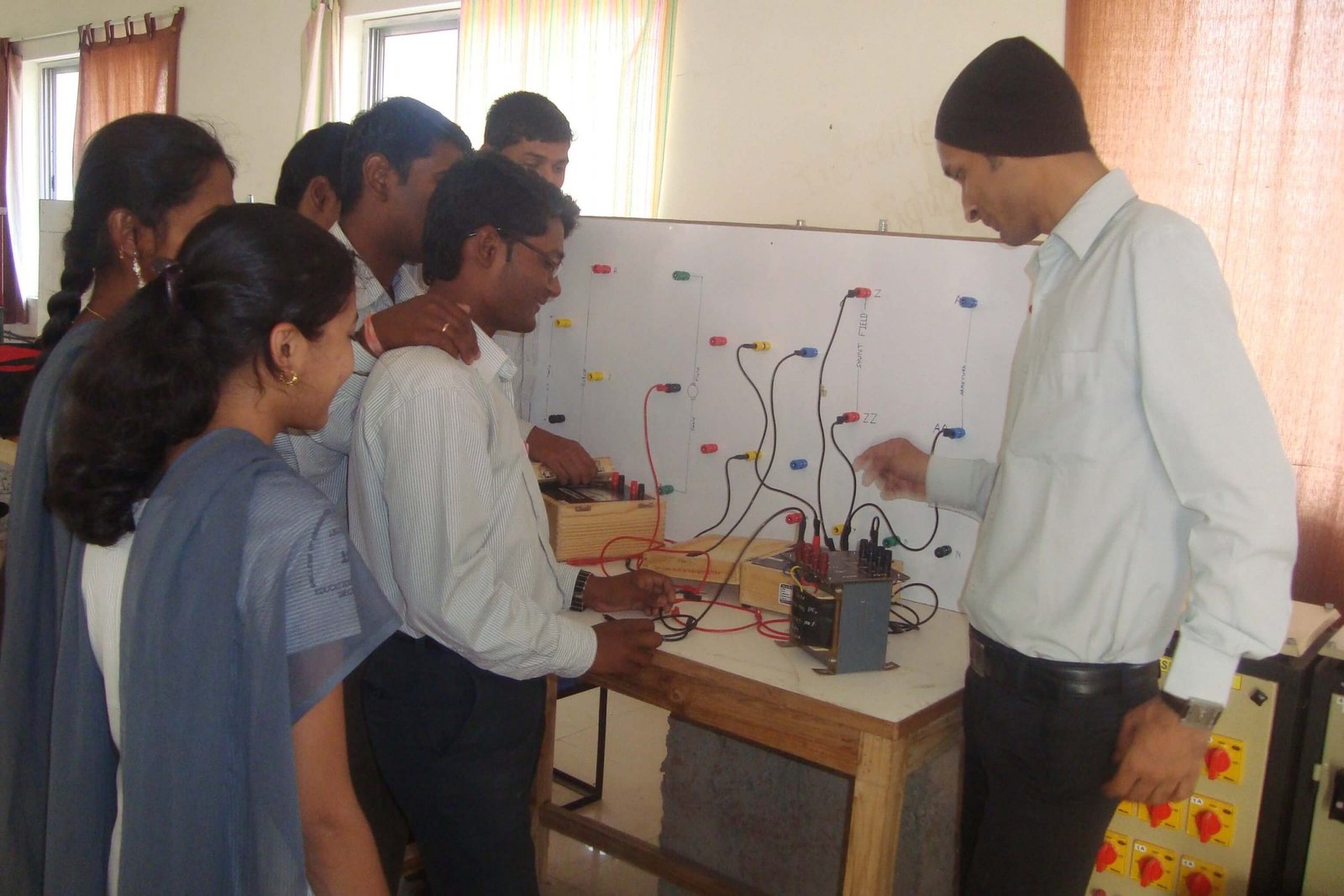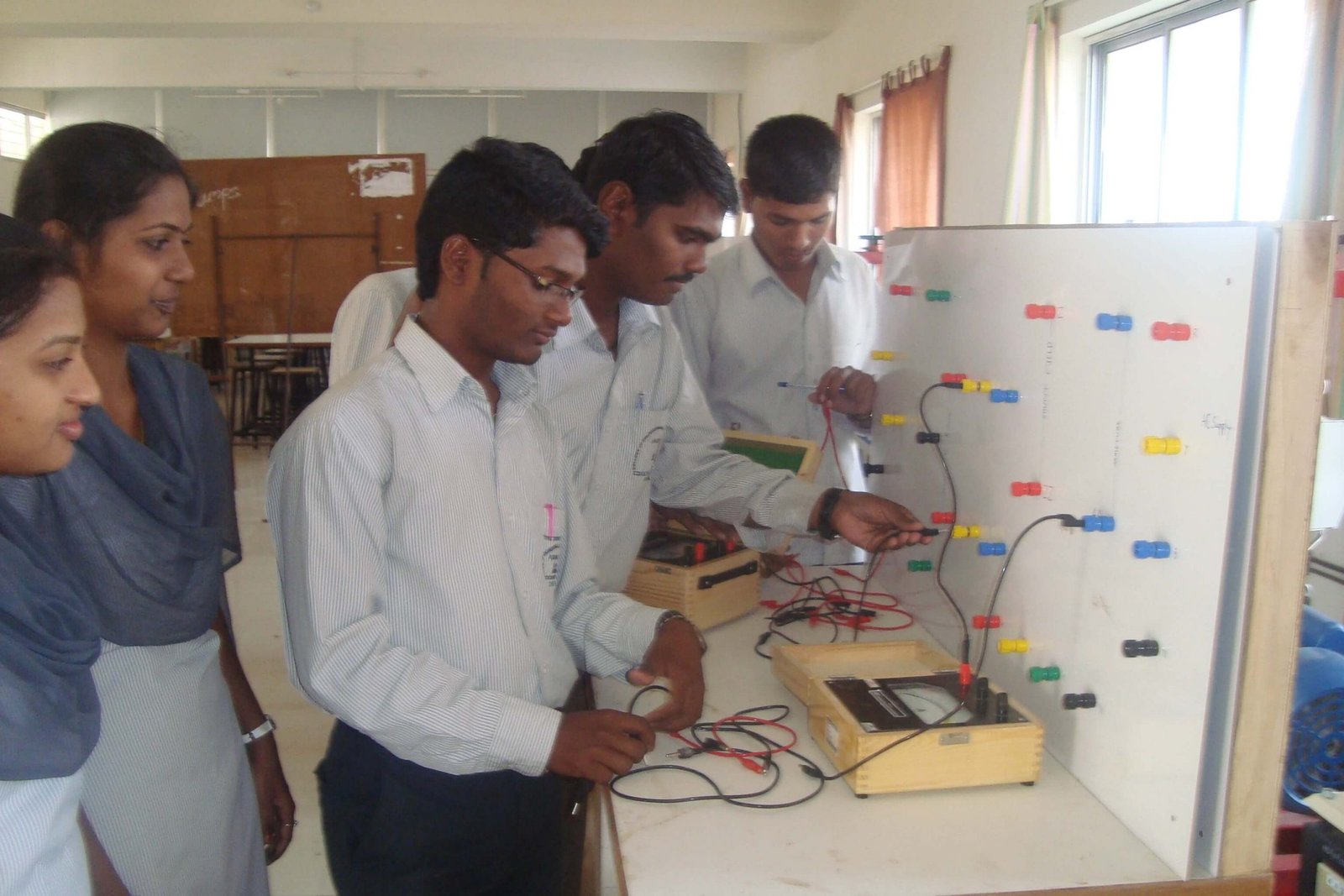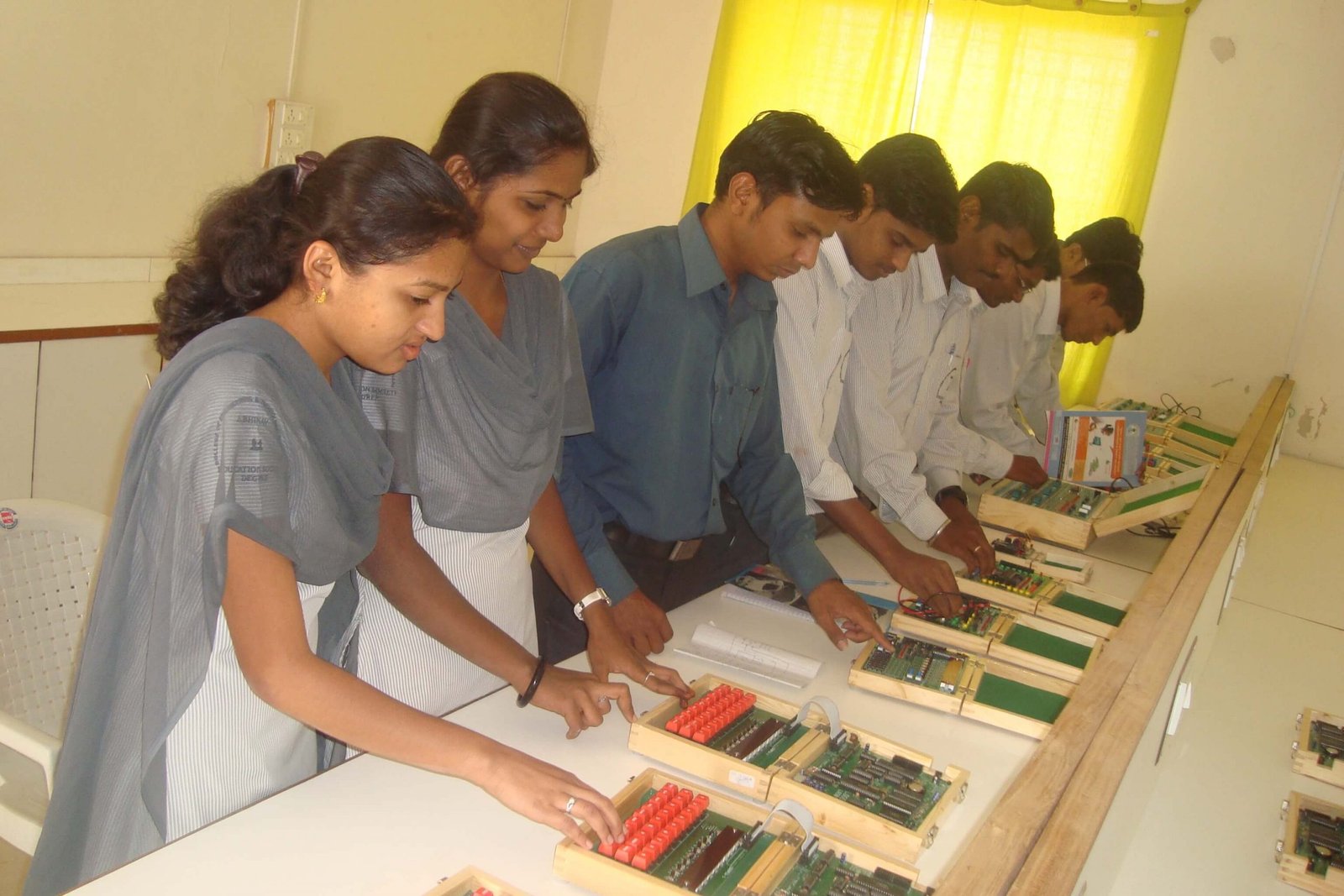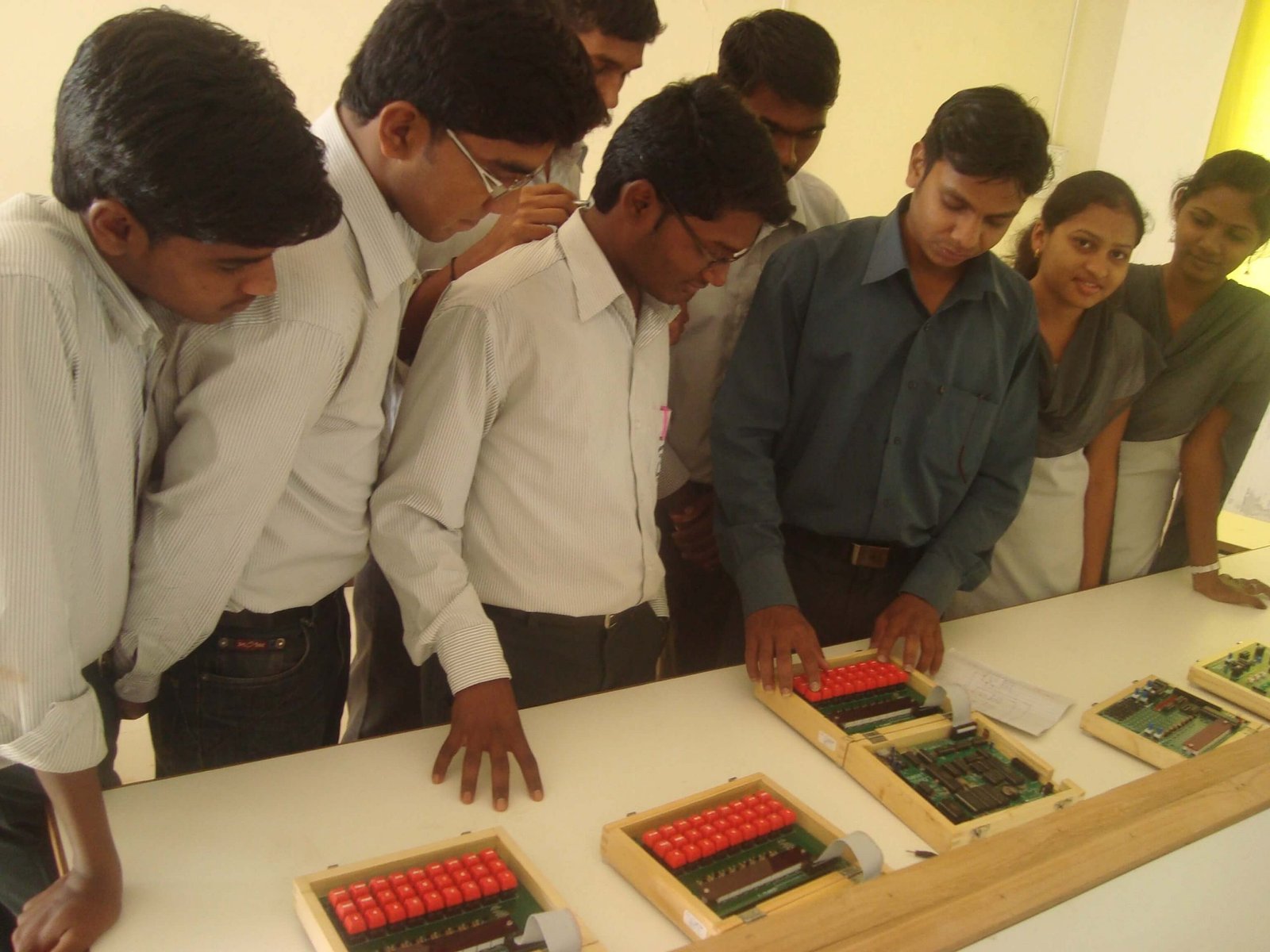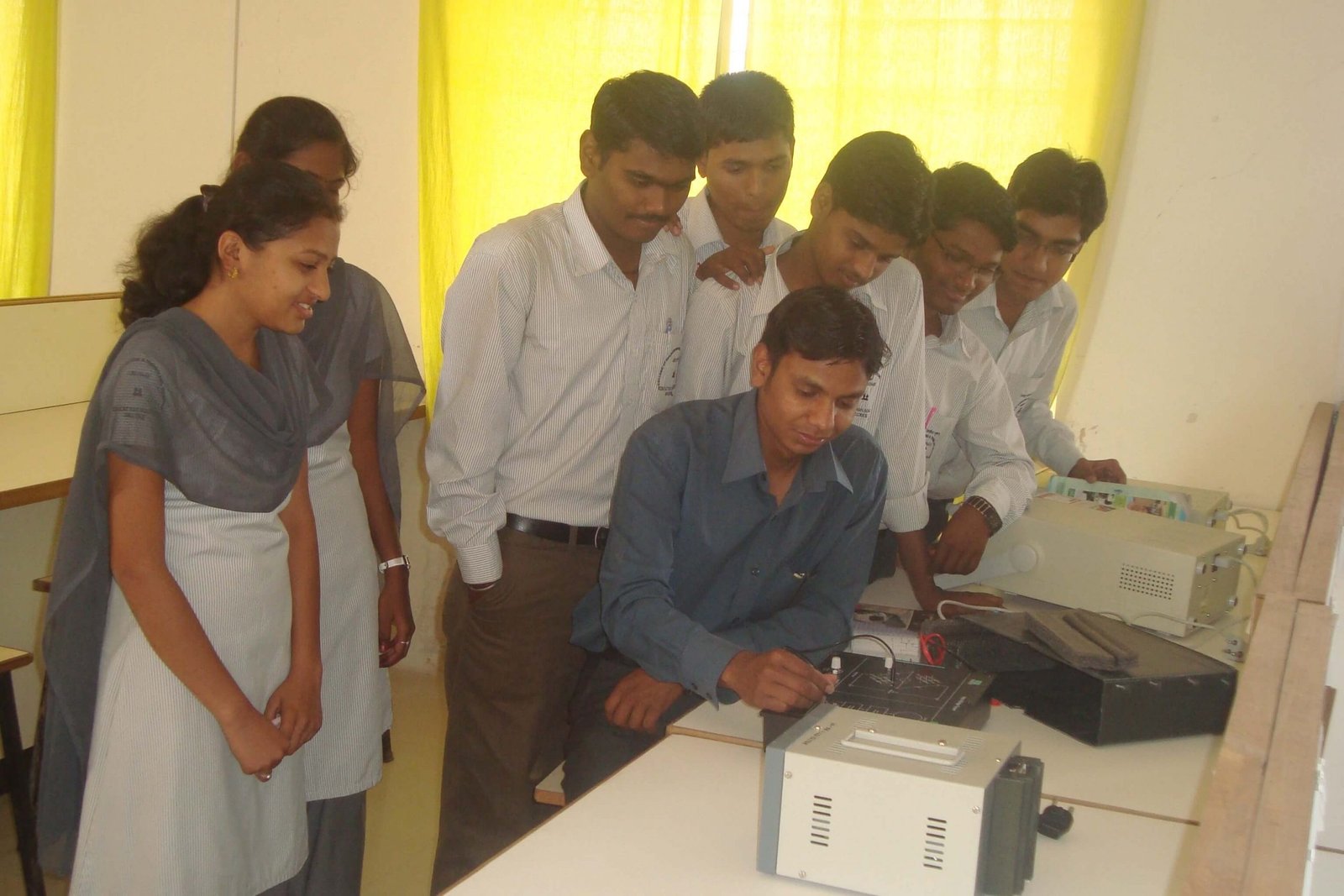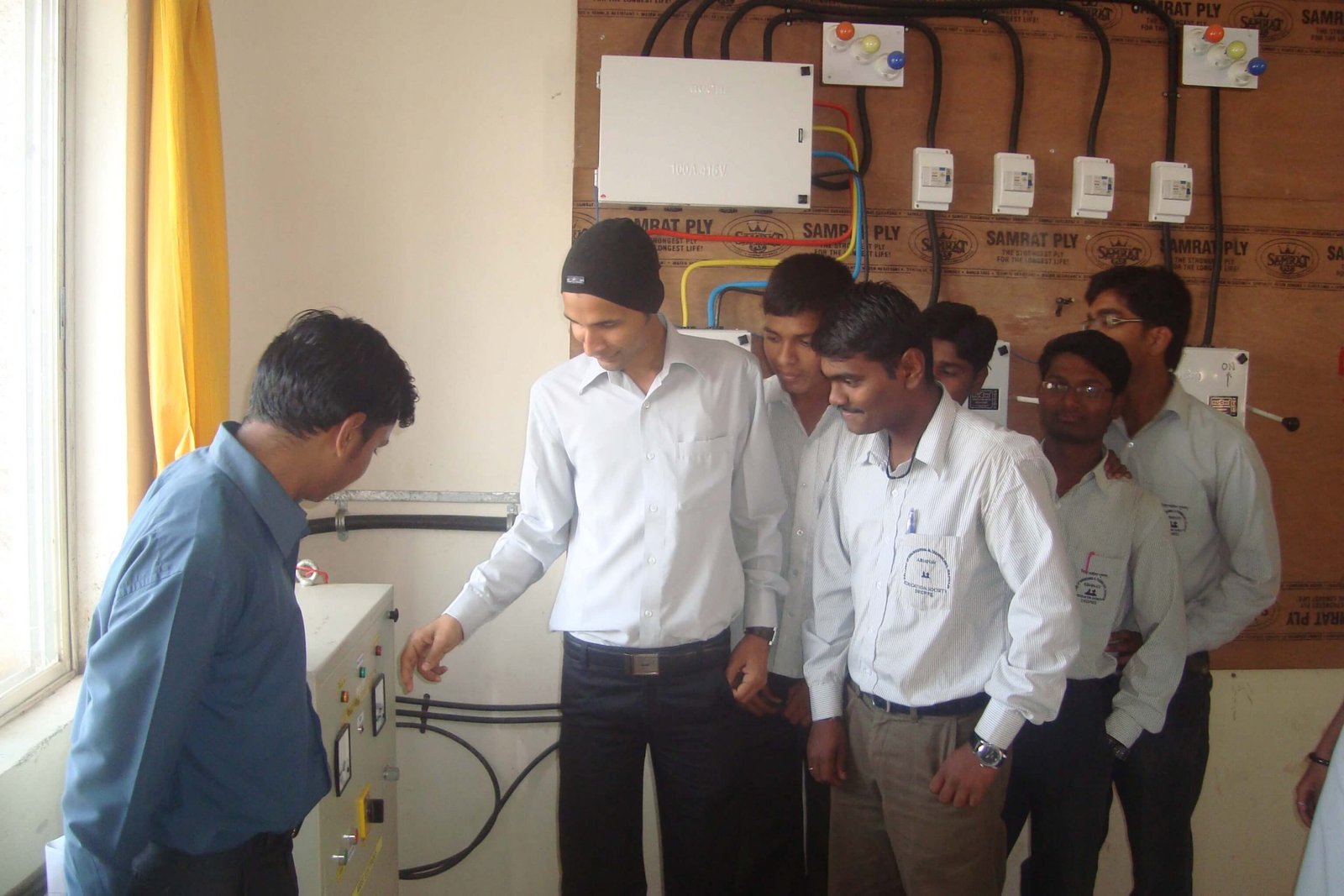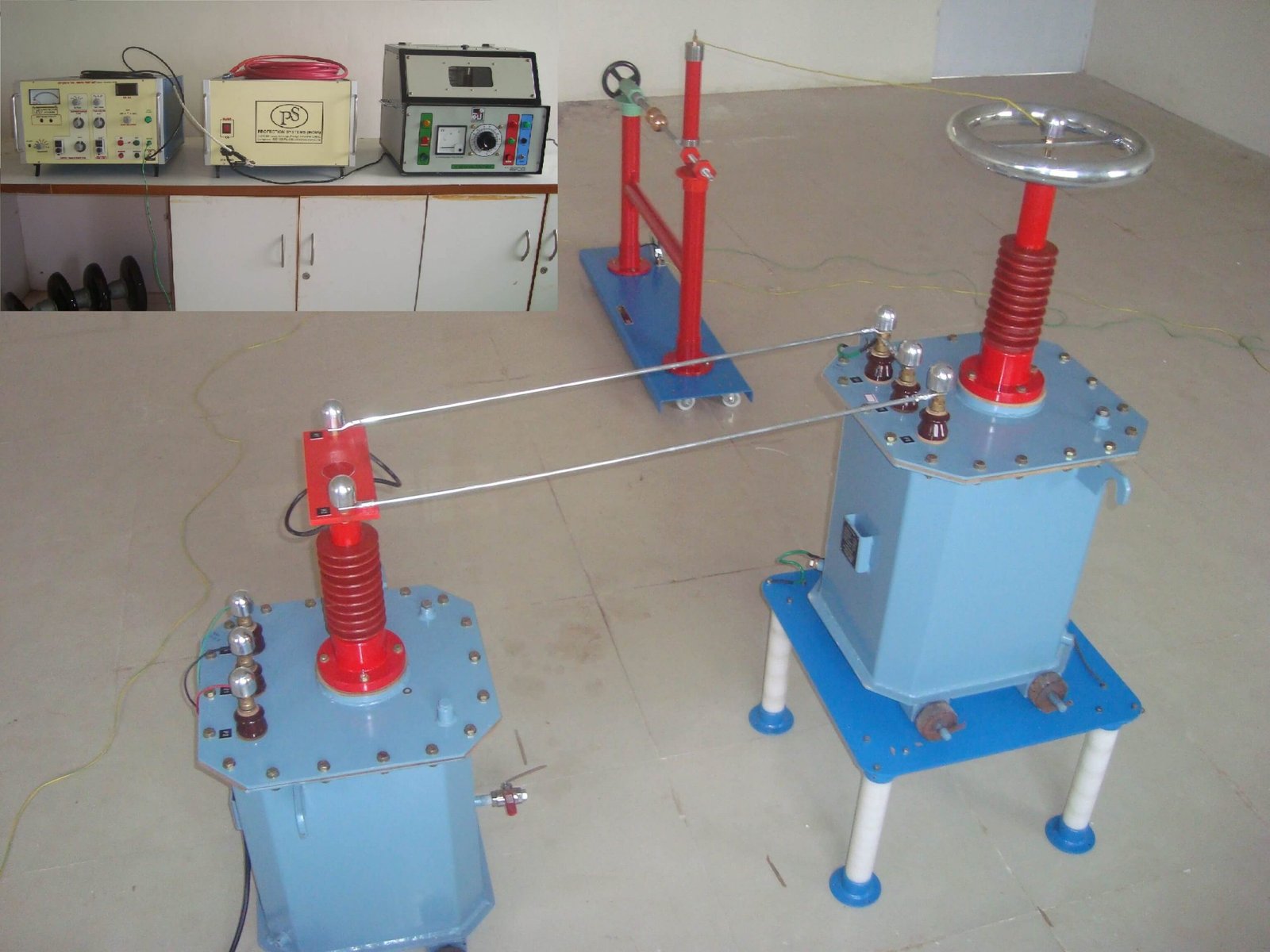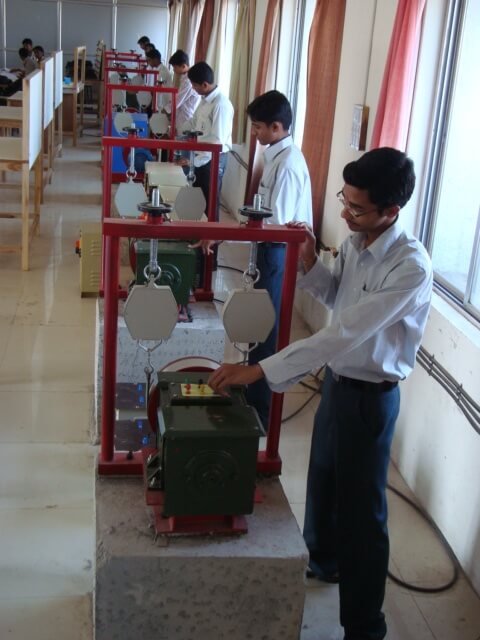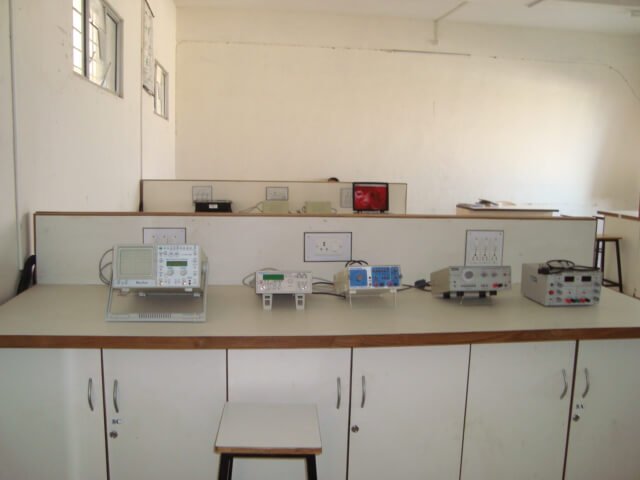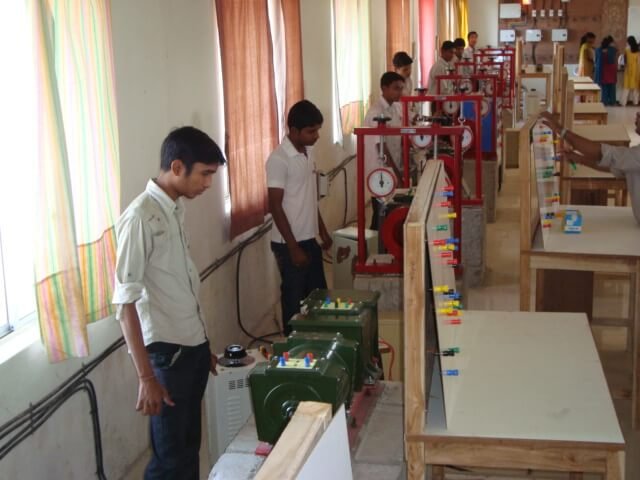
Bhosale sonal vijay
HOD, ME Electrical
5 Years
sonalbhosle135@gmail.com
Switch Gear and Protection
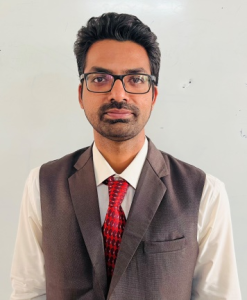
Tamhane Mahesh A.
Asst. Professor, M.E ( Power System)
5 Years experience
maheshtamhane9@gmail.com
Electrical Machine II
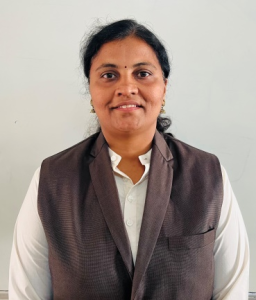
Bhagwat Pramila V.
Asst. Professor,M.Tech(Power system)
5 Years experience
Power System
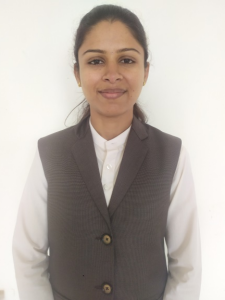
Ms. Wasatkar Chaitrali A.
Asst. Professor, M.E(Power System)
3 Years experience
wasatkarpooja12@gmail.com
Switch Gear And Protection
Electrical Engineers are needed in all manufacturing units either in design, maintenance, testing and R&D. All major companies of public and private sector such as State Electricity Boards, Large Scale Industries, Power Corporations, Thermal, Hydro, Nuclear, Wind, Solar electricity sectors, Automobile, Textile, Chemical, Cement, Paper, Petroleum, Indian Railways, Armed Forces (Technical) are continuously in need of Electrical Engineers for their projects. Many premier Educational and Research Institutions regularly offer electrical engineers as graduate Engineer trainees and Management Trainees to work on research projects.
The institute is offering Electrical Engineering Course with intake capacity of 30 students at first year. To meet the challenges put forth by advancement in engineering and technology, the electrical engineering department has established various laboratories with modern equipment and advanced analytical software labs of MATLAB, LABVIEW, and PSIM and well qualified staff.
About department
Electrical engineering is one of the core fields of engineering, so it is evergreen in terms of Scope and Job Prospects. Electrical Engineering is the heart of whole engineering discipline and therefore its scope will never fade. Electrical Engineering deals with Generation, Transmission, Distribution, and Consumption of electrical energy.
Vision:
To impart quality technical education in field of electrical engineering to curtail the need of industry and society.
Mission:
- Furnish the high grade education to develop technically
sound students.
- To create awareness in electrical trends to satisfy the
industrial requirement.
-
- To provide evaluation in facilities and social welfare.
- Program Educational Objectives (PEOs)
Graduates will able to–
1.To equip graduates with a strong foundation in engineering sciences and Electrical Engineering fundamentals to become effective collaborators, researchers and real-time problem solver with technical competencies.
2.Perceive the limitation and impact of engineering solutions in social, legal, environmental, economical and multidisciplinary contexts.
3.Excel in Industry/technical profession, higher studies, and entrepreneurship exhibiting global competitiveness.
- Program Outcomes (POs)
Engineering Graduate will be able to –
- Engineering knowledge: Apply the knowledge of mathematics, science, engineering fundamentals, and an engineering specialization to the solution of complex engineering problems.
- Problem analysis: Identify, formulate, review research literature, and analyze complex engineering problems reaching substantiated conclusions using first principles of mathematics, natural sciences, and engineering sciences.
- Design/development of solutions: Design solutions for complex engineering problems and design system components or processes that meet the specified needs with appropriate consideration for the public health and safety, and the cultural, societal, and environmental considerations.
- Conduct investigations of complex problems: Use research-based knowledge and research methods including design of experiments, analysis and interpretation of data, and synthesis of the information to provide valid conclusions.
- Modern tool usage: Create, select, and apply appropriate techniques, resources, and modern engineering and IT tools including prediction and modeling to complex engineering activities with an understanding of the limitations.
- The engineer and society: Apply reasoning informed by the contextual knowledge to assess societal, health, safety, legal and cultural issues and the consequent responsibilities relevant to the professional engineering practice.
- Environment and sustainability: Understand the impact of the professional engineering solutions in societal and environmental contexts, and demonstrate the knowledge of, and need for sustainable development.
- Ethics: Apply ethical principles and commit to professional ethics and responsibilities and norms of the engineering practice.
- Individual and team work: Function effectively as an individual, and as a member or leader in diverse teams, and in multidisciplinary settings.
- Communication: Communicate effectively on complex engineering activities with the engineering community and with society at large, such as, being able to comprehend and write effective reports and design documentation, make effective presentations, and give and receive clear instructions.
- Project management and finance: Demonstrate knowledge and understanding of the engineering and management principles and apply these to one’s own work, as a member and leader in a team, to manage projects and in multidisciplinary environments.
- Life-long learning: Recognize the need for, and have the preparation and ability to engage in independent and life-long learning in the broadest context of technological change.
